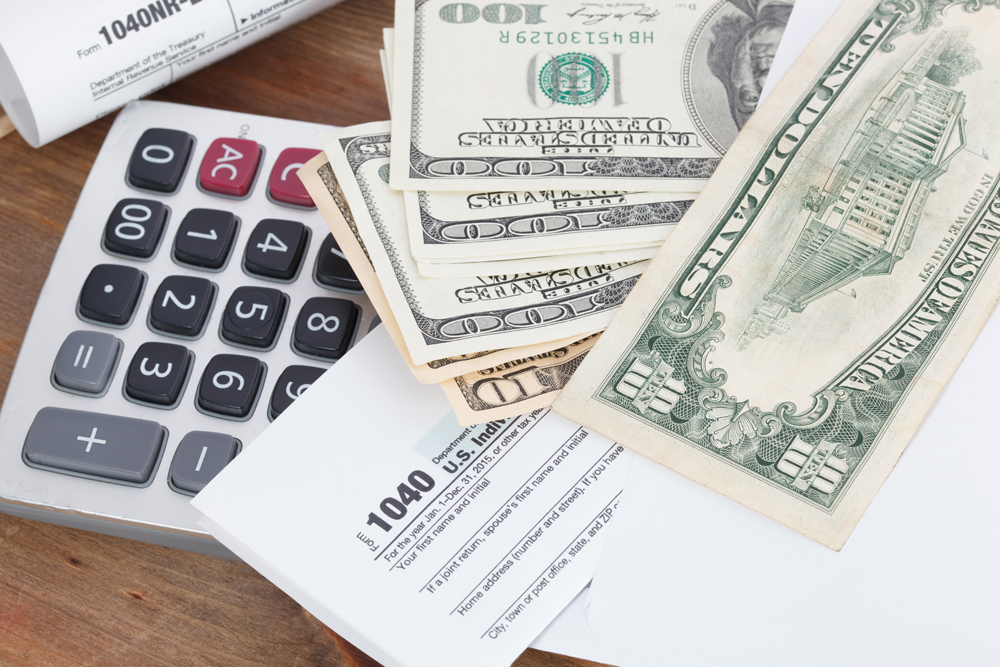
What Happens When You Miss the Tax Deadline?
The old saying goes there are only two certainties in life: Death and Taxes.
We know we can’t cheat death, but did you ever wonder what happens if you file your tax return late? Or even worse, you don’t file your tax return at all?
Just in case you ever flirted with the idea, here’s the penalties you face from the IRS.
If you already missed the boat, here are some options if you missed the tax deadline.
You’ll Be Assessed Fees
When you miss the tax-filing deadline, you’ll be required to pay several penalties and interest on the amount assessed to your account. These penalties include:
Failure to File Penalty: The Failure to File penalty (FTF) is 5% of the balance owed for each month you don’t pay your taxes, up to 25% maximum. However, if you can prove to the IRS there was a valid reason for paying late, it may waive this fee.
Failure to Pay Penalty: Just because you don’t file your taxes doesn’t mean you can extend the time to pay your tax balance. The Failure to Pay penalty (FTP) is 0.5% of your unpaid taxes for each month they’re outstanding.
Underpayment Fee: This penalty varies depending on your situation and filing status. You want to pay any balance owed as quickly as possible to avoid an underpayment fee penalty.
You may be assessed one or all of these penalties, along with any accumulated interest fees, for missing the tax deadline.
File Your Taxes ASAP
Missing the tax deadline doesn’t mean all is lost, but you should file your taxes as soon as possible. If you’re due a refund, you won’t be assessed any interest. But if you owe a tax balance and don’t pay what you owe, you will also owe both penalties and interest fees.
In both cases, however, you may be required to pay a Failure to File penalty, along with other penalties, so it’s best to file your taxes as soon as possible to avoid additional fees and charges.
Know Your Options
In the event you’re waiting on tax documents or need to correct some numbers, you can submit the tax return as-is now, then file an amended return once you receive the documents in question.
This will save you from paying extra penalties or being assessed fees. You can file your taxes online via e-file, possibly for no cost. The IRS offers e-filing through October 15 of the current tax year.
Pay Your Tax Balance
Pay as much of your tax balance as you can to avoid additional penalties and fees. Even if you’re unable to file your completed tax return, do an estimate of your tax bill and pay as much as possible.
The IRS offers electronic payment options, so you can pay directly from your bank account or using a credit or debit card. You can also send a check via snail mail. If you send a check, the check itself should include your name, Social Security number, tax year and tax form.
Apply for a Payment Plan
If you’re unable to pay the entire tax balance that’s due, you can apply for a payment plan with the IRS. Using its Online Payment Agreement, simply work out a plan to pay any taxes and penalties through regular installments. Don’t wait to figure out a payment plan; the longer you put it off, the more penalties and interest will accumulate.
Internal Revenue Service late filing penalties start the first day after the return is due. Whether you incorporated as a limited liability company, a C-corporation or an S-corporation, your tax penalty will grow the longer you wait to file the return so stop avoiding your taxes and speak with a Crowley Accounting and Consulting Services accountant today.


